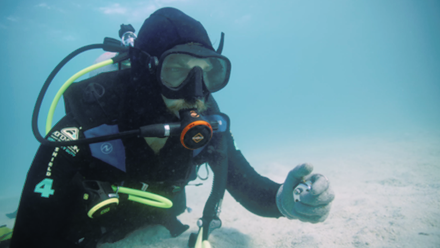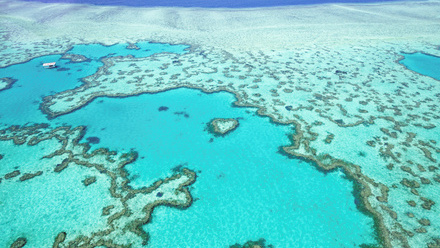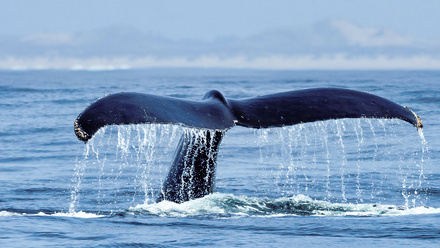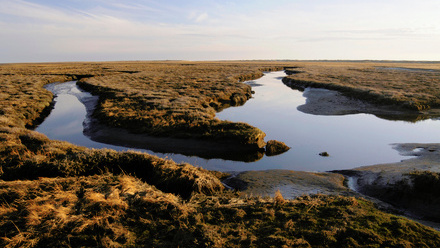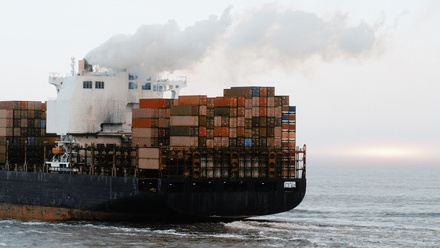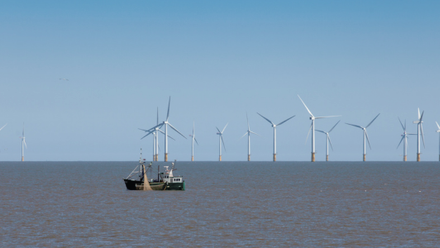Managing dry waste at sea in spotlight
Packaging, plastics, metals and hazardous materials all require experienced management.
Shipowners and operators often view dry waste handling as a series of discrete tasks: collection, segregation, storage, and disposal. But this fragmented approach misses a critical truth - effective dry waste management at sea is not about isolated components, but how they work together. The whole is greater than the sum of its parts, and experienced system integrators are the linchpin to making it all work.
Yet as the maritime industry navigates increasingly complex environmental regulations, dry waste management represents more than operational efficiency. It's a crucial component of genuine environmental stewardship that often receives less attention than the current focus on decarbonisation. While the industry rightly concentrates on greenhouse gas reduction, other environmental challenges facing our oceans demand equal consideration if we are to achieve truly sustainable maritime operations.
Modern vessels generate a wide variety of dry waste, from packaging and plastics to metals, glass, and hazardous materials. Regulatory frameworks such as MARPOL Annex V sets the baseline for compliance, but achieving operational excellence sometimes requires more. It demands a cohesive strategy that blends technology, crew workflows, and vessel-specific constraints into a unified system.
However, beyond these baseline requirements lies a different reality: there is no single ‘right’ solution for dry waste management. There is a fragmented landscape, with hundreds of shipping companies developing their own interpretations and approaches to tackle dry waste challenges.
This fragmentation means that vessels operating similar routes with comparable waste streams may employ entirely different management strategies, some more effective than others.
Shipping demand growing
The industry’s dry waste challenge is intensifying as global demand for shipping continues growing, with vessels increasingly operating through protected marine areas and calling at environmentally sensitive ports. There's no room for error when it comes to waste management compliance, and the stakes extend far beyond avoiding penalties to genuine marine ecosystem protection.
This is where system integration comes into play. A well-integrated dry waste handling system ensures that waste is not only collected and stored safely, but also tracked, processed, and prepared for offloading in a way that minimises environmental impact and maximises efficiency.
For example, a compactor that's not calibrated to the waste segregation system can lead to contamination and non-compliance. A storage area that's not ventilated properly can pose health risks. And a digital tracking system that doesn't sync with port reception facilities can cause delays and fines. These problems stem from poor integration between components.
Experienced system integrators understand these nuances. They bring together engineering, regulatory knowledge, and operational insight to design systems that are tailored to the vessel's mission, crew size, and voyage profile. Forward-thinking integrators increasingly move beyond simply supplying hardware to become true partners in environmental compliance, offering solutions that adapt to evolving regulatory frameworks and anticipate future environmental standards.
Moreover, integrators are increasingly incorporating smart technologies such as RFID (radio-frequency identification) tagging, real-time monitoring, and predictive maintenance to enhance performance and accountability. Yet, these innovations are only as good as the system they're embedded in. Without proper integration, they become expensive add-ons rather than transformative tools.
Standing at crossroads
The maritime industry stands at a crossroads where environmental responsibility extends far beyond regulatory compliance. Equipment manufacturers and system integrators bear a particular responsibility here, aiming to move beyond transactional relationships to become trusted partners in marine conservation.
Dry waste handling at sea is not a checklist but a strategy, and like any good strategy, its success depends on how well the parts work together. Experienced system integrators are the architects of that success, ensuring that vessels not only comply with regulations but lead the way in responsible maritime operations while making meaningful contributions to marine conservation and ecosystem preservation.
Fraser Scott is Managing Director at Wärtsilä Water Systems Ltd and IMarEST member.
The views in the article represent those of the author, and not necessarily of IMarEST.
Tell us what you think about this article by joining the discussion on IMarEST Connect.
Image: plastic waste floating in the sea. Credit: Shutterstock.

